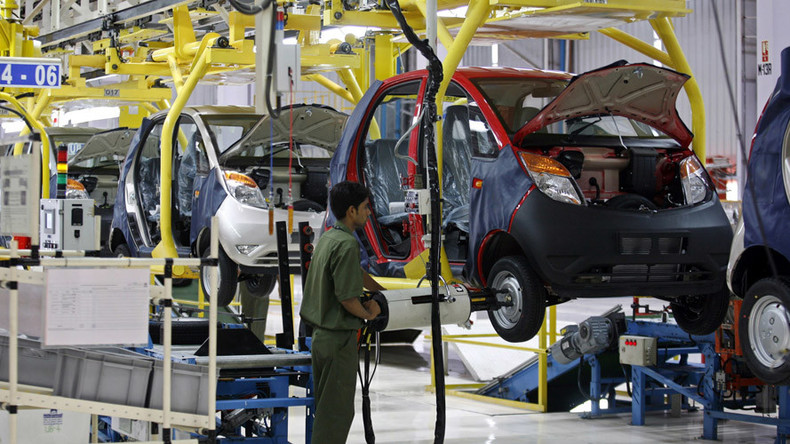Cronavirus lockdown: Auto industry stares at a Rs 50,000 crore production loss

The 21-day lockdown in the wake of coronavirus outbreak from Wednesday is likely to result in a production loss of around Rs 50,000 crore to the $120 billion domestic automobile industry.
While a few companies like Mercedes Benz and Ford India acted proactively and closed their factories last week, most of the industry shut on Monday. They initially planned to suspend operations till March 31. But the announcement of the national lockdown by Prime Minister Narendra Modi on Tuesday night, will mean the factories shall remain shut till at least April 14.
Industry body Society of Indian Automobile Manufacturers (SIAM) has said the industry will suffer a production loss of an estimated Rs 2,300 crore per day due to the shutdown. The 21-day curfew would thus result in a production loss of around Rs 50,000 crore.
The lockdown has received support from the industry as a necessary means to combat the spread of the virus which threatens to explode in the country. So far around 562 cases have been reported in India leading to 9 deaths. The hyper contagious nature of the virus and the high density population of India’s cities and towns-465 people per square kilometre compared to China’s 145, means the risk of an outbreak is particularly high.
“The Hon’ble Prime Minister of India has made absolutely the right decision to place the entire country under lockdown for three weeks in order to control the spread of the coronavirus and ensure the safety and well being of everyone. I wholeheartedly welcome this definitive decision,” says Dr. Pawan Munjal, Chairman, Hero MotoCorp, India’s largest two wheeler manufacturer. “We are in complete solidarity with the Prime Minister and commit ourselves to provide all necessary support and services that the government may require.”
The cost to the industry however, could be far higher than what SIAM has estimated.
“There are chances the lockdown could be extended. In China, it took nearly three months to bring the virus under control,” says a senior executive at a Gurgaon based auto firm. “Even if operations were to start from mid April, the ramp up will be slow. It will be like building from scratch after a tsunami has ravaged a city. Consumers are not likely to return to showrooms anytime soon so demand will be weak. We are preparing for the worst while hoping for the best.”




Leave a Reply